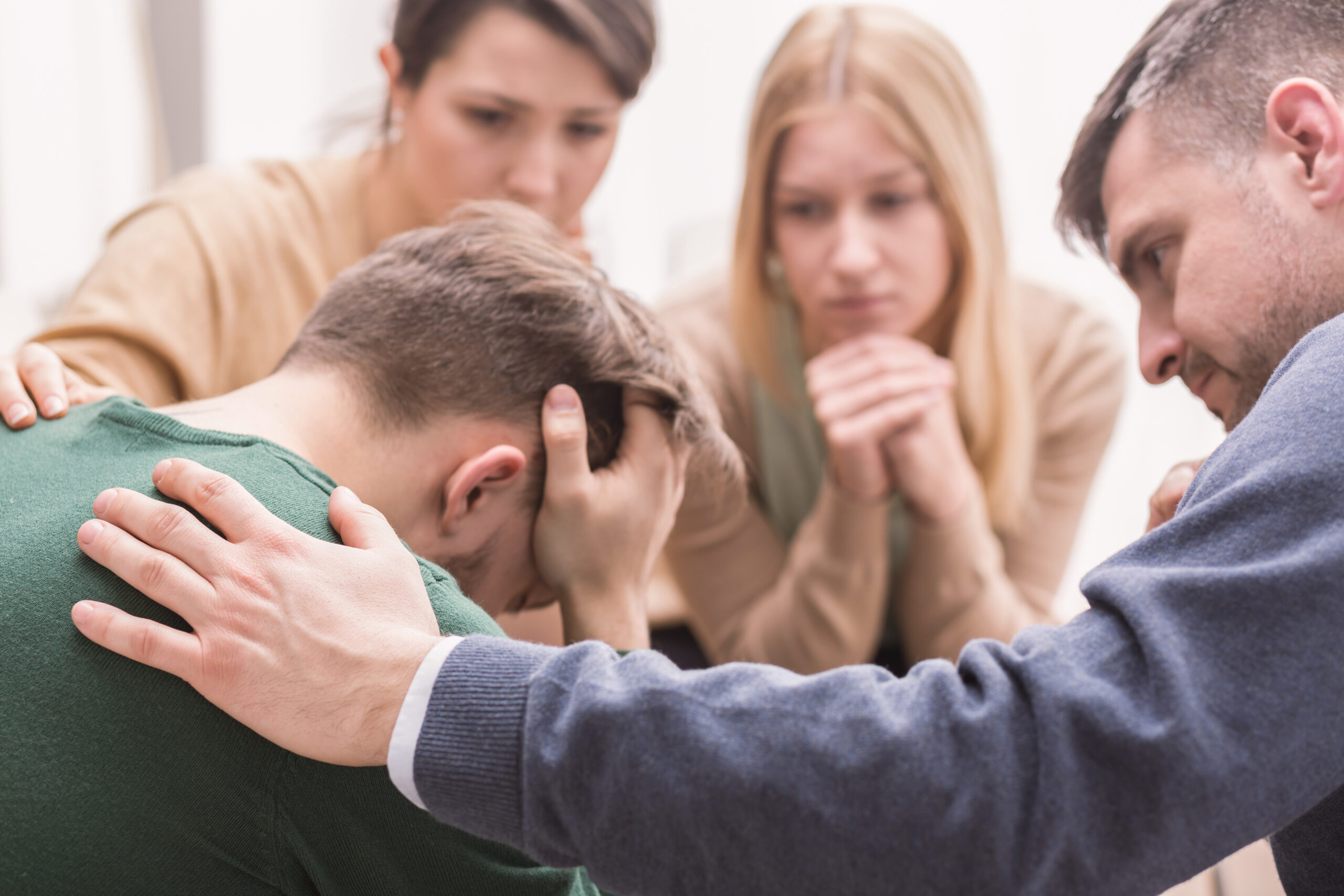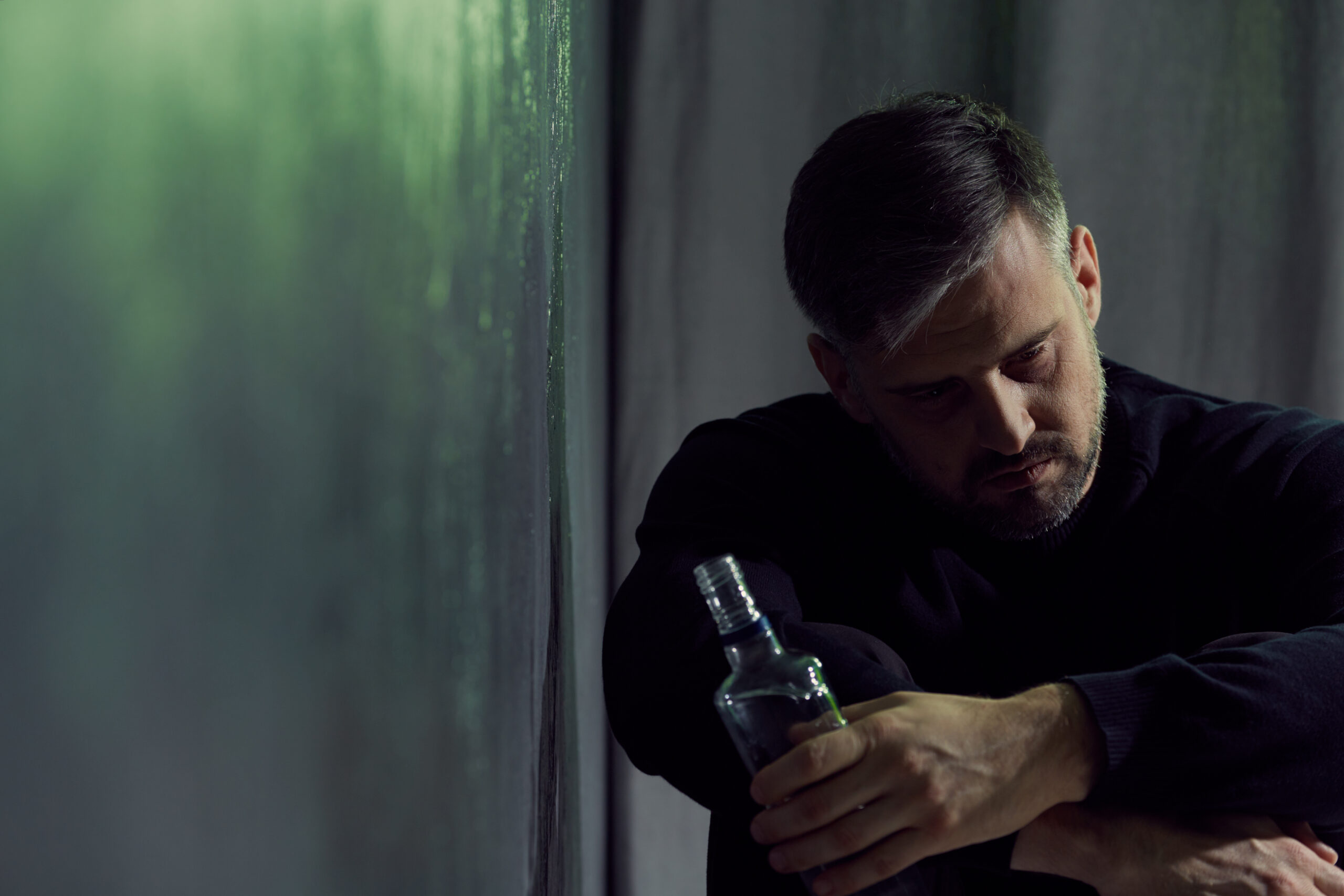What should I do if I suspect someone has an addiction problem?
Discovering that someone you care about might be struggling with an addiction can be a heart-wrenching realization. The journey to confronting and addressing this suspicion is fraught with uncertainty and requires sensitivity. As addiction affects not only the individual but also their loved ones, knowing how to proceed can be vital.
In this post, we’ll offer insight and step-by-step guidance on how to handle suspicions that someone closer to you is struggling with addiction, not only responsibly but compassionately. By taking a closer look at addiction and its signs, initiating a caring conversation, and supporting a path to recovery, you can make a significant difference in someone’s life.
A Closer Look at Addiction
Addiction is a complex and chronic illness that is typically characterized by compulsive engagement in rewarding stimuli, even in the face of negative consequences. It will commonly manifest as various harmful behaviors, such as substance abuse, tech addiction, or gambling.
Recognizing the signs of addiction is the first step in helping someone. These signs may vary but often include changes in behavior, such as withdrawal from social activities, neglect of personal and professional responsibilities, unusual mood swings, and secretive behavior. Physical signs might include changes in appearance, unexplained weight loss or gain, and marks on the body.
One of the crucial things to remember is that addiction is a medical condition that requires professional intervention, not simply excess willpower.
Confirming Your Suspicions
When you suspect someone may be dealing with an addiction, it’s important to approach the situation with caution and respect. Before confronting the person, gather observations over a period to avoid basing your concerns on isolated incidents. Keep an eye out for consistent patterns of behavior that align with signs of addiction, such as neglecting duties, shifting social circles dramatically, or erratic financial behavior.
It’s also useful to educate yourself about the specific addiction you suspect they might be struggling with. For example, alcohol addiction might involve frequent smells of alcohol, whereas opioid abuse might involve more secretive activities and physical symptoms like drowsiness or slurred speech.
Avoid jumping to conclusions or making accusations, as these can lead to denial and resistance. Gathering facts and understanding the situation fully will better prepare you for a supportive conversation and will help you present your concerns in a factual, non-judgmental manner.
Approaching the Conversation
When it’s time to address your concerns, choosing the right moment and manner is crucial. Use “I” statements to express your feelings and observations, such as “I’ve noticed you seem really tired lately, and I’m worried about you,” rather than confrontational language that could make them feel defensive.
The person may be in denial, react angrily, feel embarrassed, or even relieved to discuss their struggles. Remain calm and supportive regardless of their initial response. Listen actively, showing empathy and understanding. Offer your support and let them know that you are there to help them through their challenges, not to judge or criticize.
Encouraging Professional Help From a Partner Like Capo Canyon
After initiating the conversation and depending on their openness to discuss their issues, the next step is to suggest professional help. Discuss the benefits of seeking advice from someone who understands addiction deeply and can offer the appropriate help and resources. Highlight that professional treatment is about getting personalized care and support, which can significantly increase their chances of recovery.
You can offer to help them research treatment options or find a healthcare provider they feel comfortable with. Sometimes, making the initial appointment can be daunting, so offering to accompany them for their first visit can be immensely supportive. Reach out to Capo Canyon today to speak to a local expert about the unique challenges your loved one faces.
















